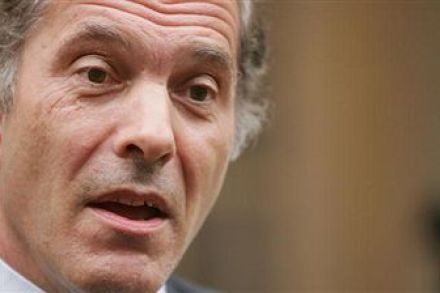Low life | 27 November 2010
After swapping emails for three days, Cow Girl sent me her mobile number and I rang it, and we agreed that I should drive up to north Wales and meet somewhere. Meeting for a coffee, the usual drill, seemed a bit pathetic to us, so I booked us into a country hotel and spa for the weekend. I arrived at the hotel first. As I signed on the dotted line at reception, I had a text from her saying she was minutes away. Somewhat apprehensive, I wandered out to the car park to wait. I was apprehensive for two reasons. One, I’d lied about my age on my profile. Forty-five














